With the release of her new book, You Were Born for This: Astrology for Radical Self-Acceptance, the astrologer and wellness queen closes our portfolio with her predictions for 2020.
The planets are always making formations that we need to live out, channel, and explore. I choose to believe in a cosmology that always has the best of intentions.
This year, we are wrapping a major life cycle and beginning a new one, which gives extra weight and gravity to our decisions -- but we don't need astrology to tell us that our ability to live sustainably on this planet is at a breaking point.
At this moment in human history, it's quite clear that the rent is due, the report cards are in, and the weight of previous actions is bearing down upon us. In whatever ways we can, we should capitalize on the excitement of living purposefully, honestly, and with no time to waste.
At the beginning of 2020, Saturn, planet of systems, structures, and The Patriarchy(tm), will make a conjunction with Pluto, planet of long-lasting transformations and the use and misuse of power. These two make a mark on the year that is intense, defining, and, potentially, a little ominous. Personally, I'd love to read it as death to The Patriarchy(tm), which I definitely feel is happening...but it's putting up quite a fight on the way out of the ring. The issue with this kind of astrology is totalitarianism. This is a power grab, and it's happening so close to the United States' natal Pluto placement that it speaks to a long-standing transformation of the systems of power that have defined the U.S. for so long. (And yes, in case you're confused: The United States has a birth chart, just like you.)
At the tail end of December 2020, Jupiter and Saturn are in Aquarius and make a conjunction. This is a major astrological event -- one that, for thousands of years, has been thought of as the end of one cycle for humankind and the beginning of a new one.
Obviously in the area of the world we call the United States, the election and its results loom in our conscious mind. We know that the future of life on this planet is waiting for us to make swift and major changes to how we work with its resources. Astrologically speaking, this is the year to shift from greedy resource-grabs to innovative solutions for all involved.
The planetary configurations of 2020 suggest that this will be a year that is packed with critical concerns that we'll need to address, and situations that will demand that the best and most competent parts of us rise to the occasion. This is no year to sit out. Whatever we have to offer will be needed. Whatever our contribution, it needs to be given generously.
2020 is a year to be all in.
This piece was originally published in this year's Out100 issue, out on newstands 12/10. To get your own copy directly, support queer media and subscribe -- or download yours for Amazon, Kindle, or Nook beginning 11/21.


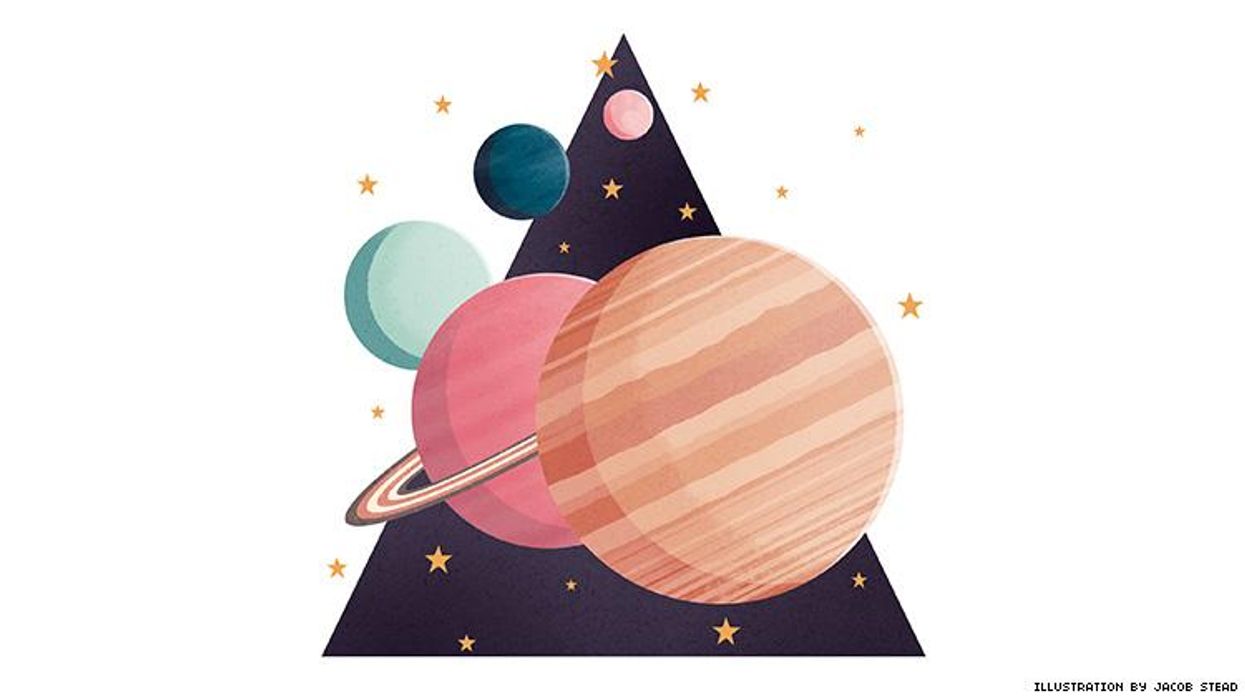
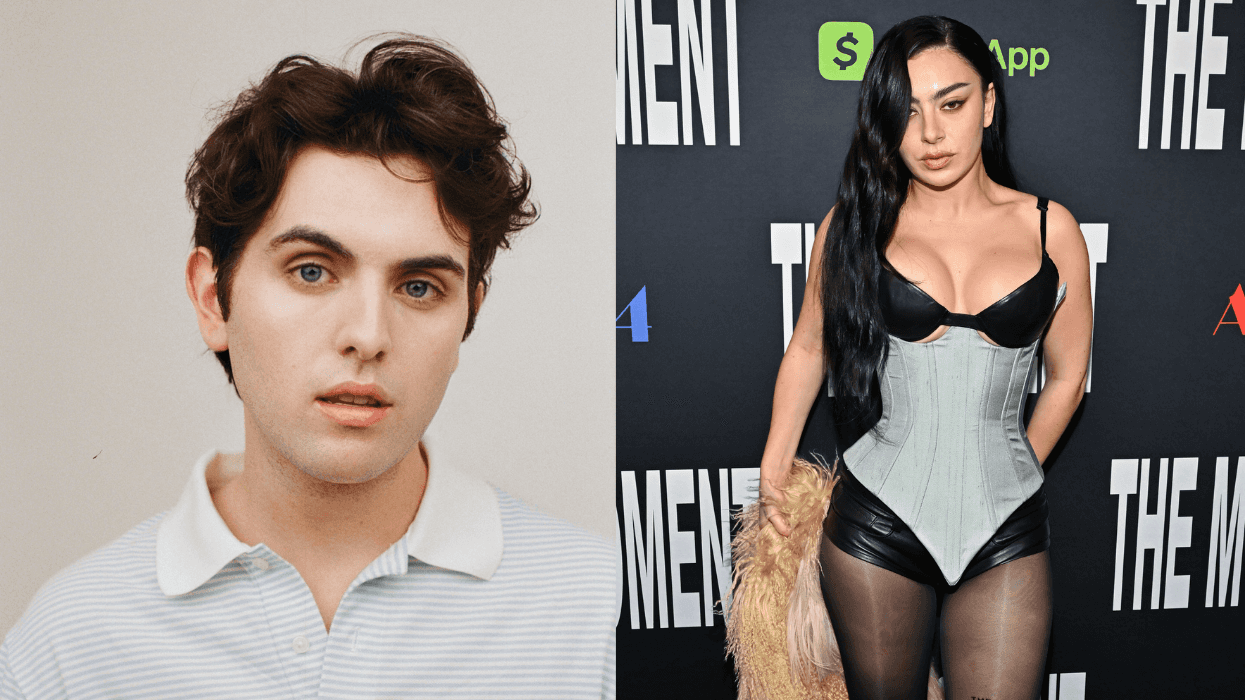
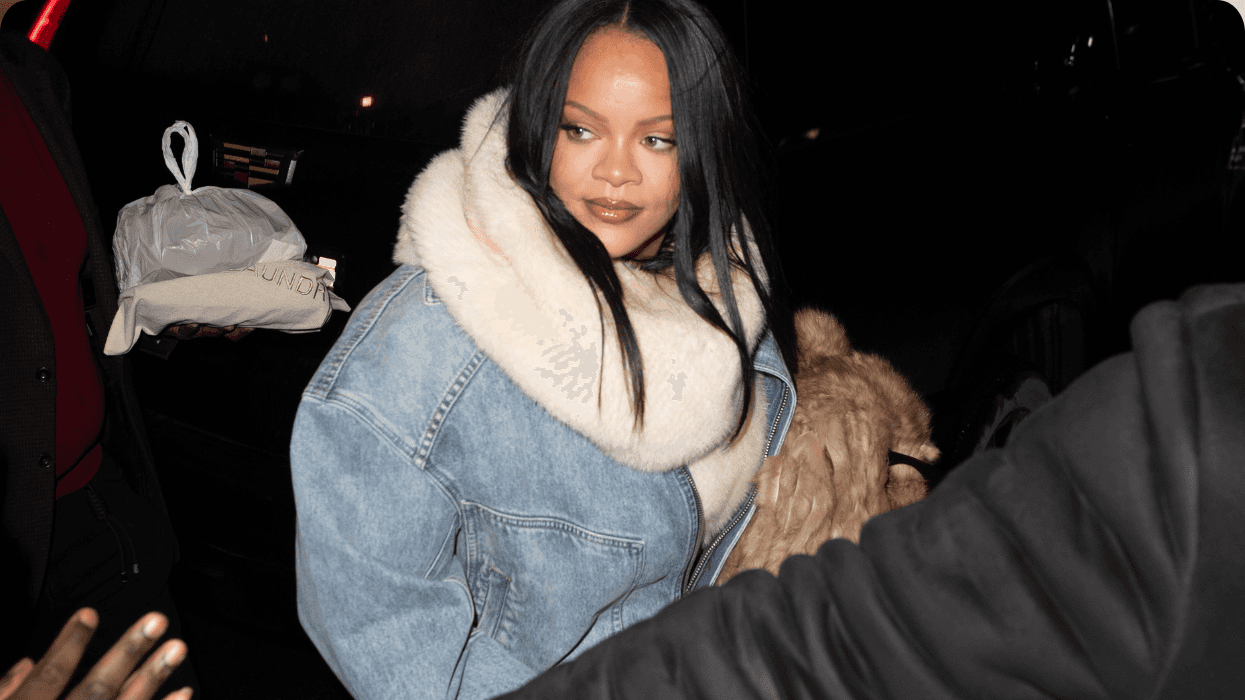
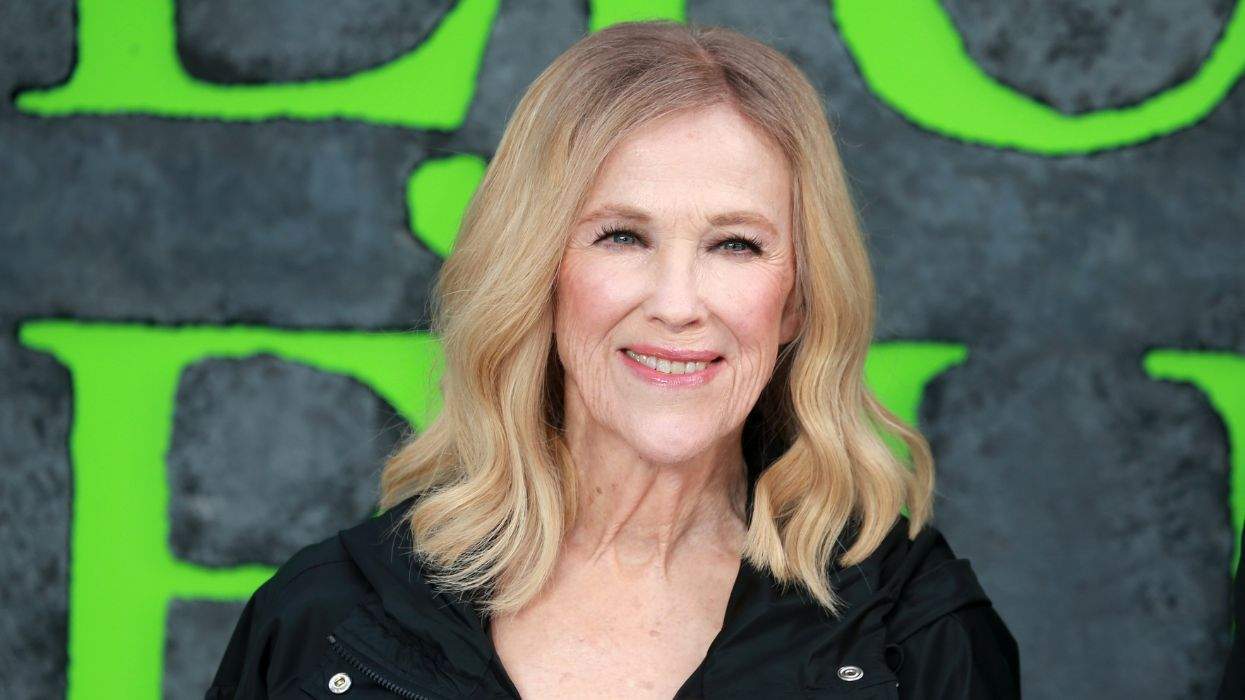
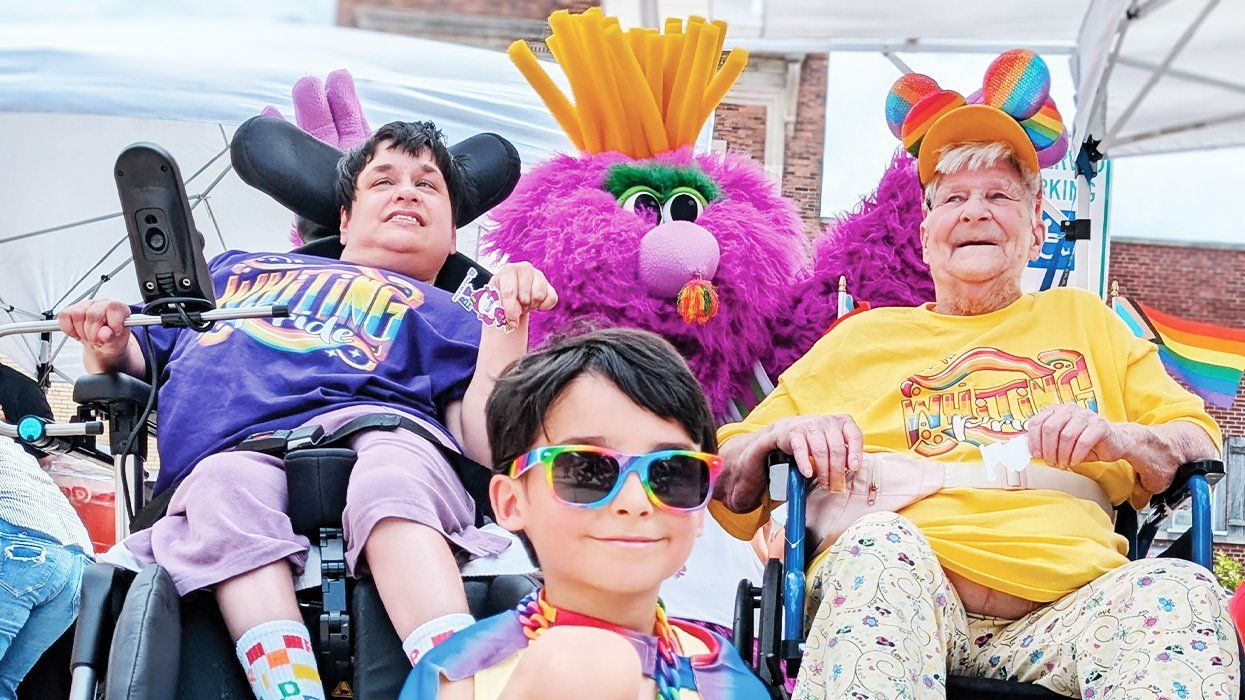
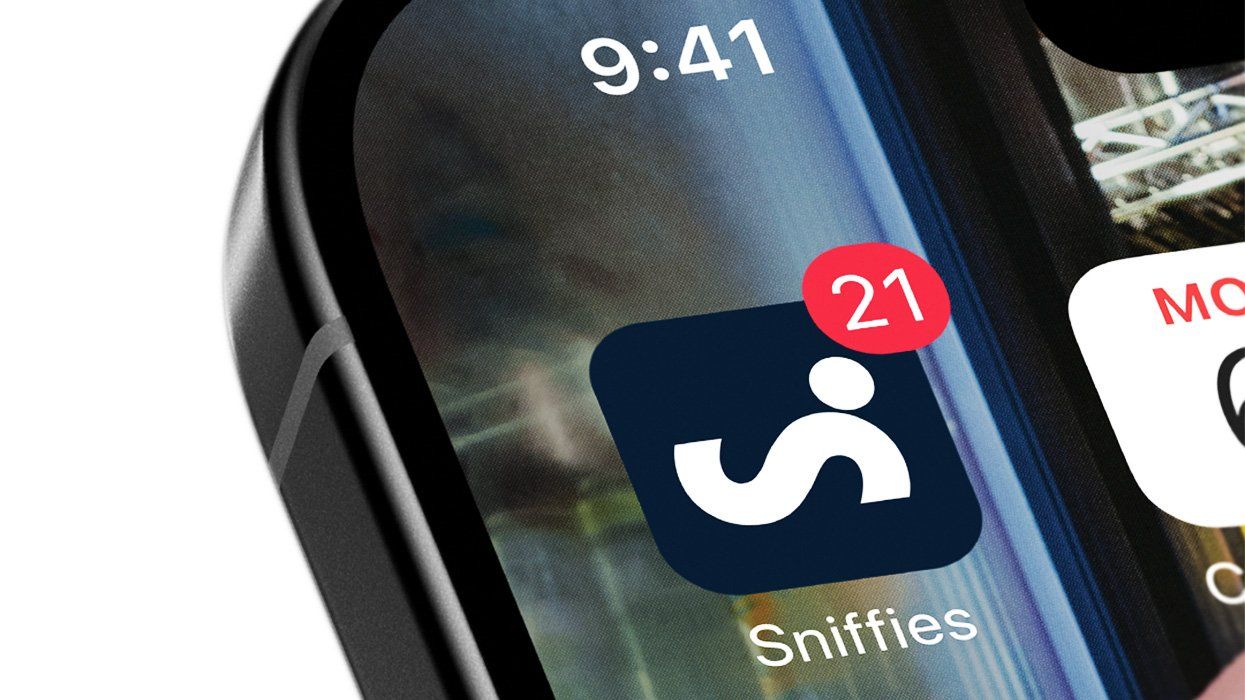

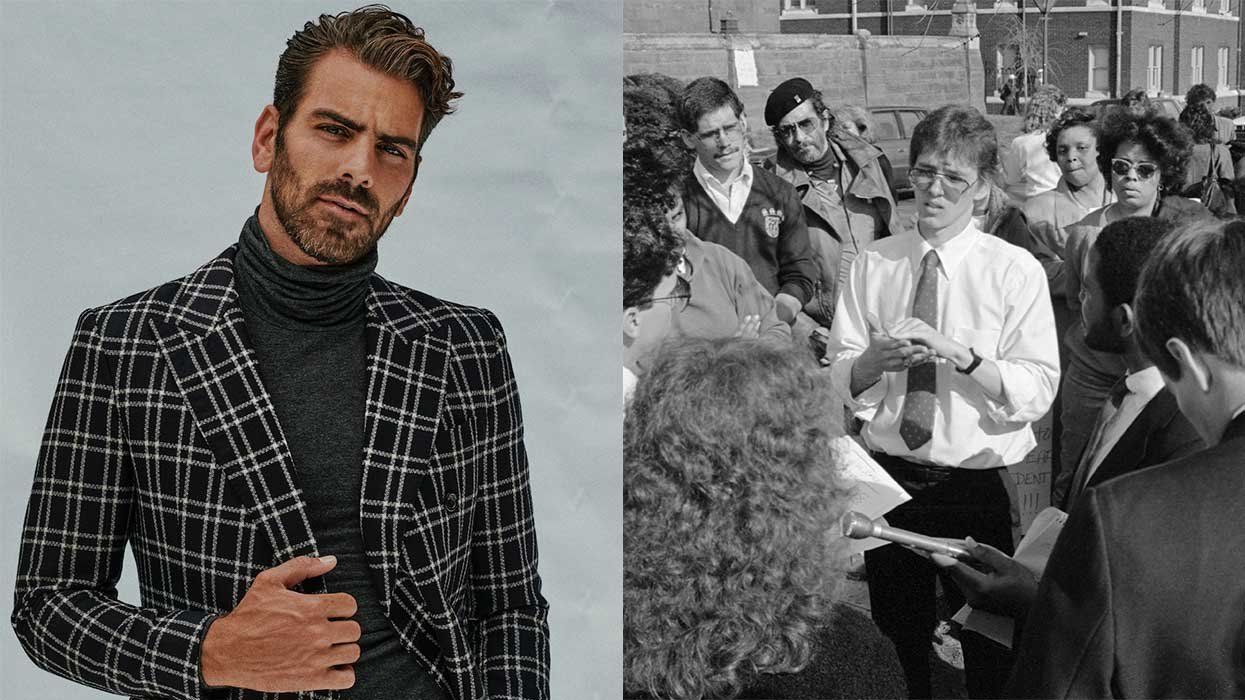
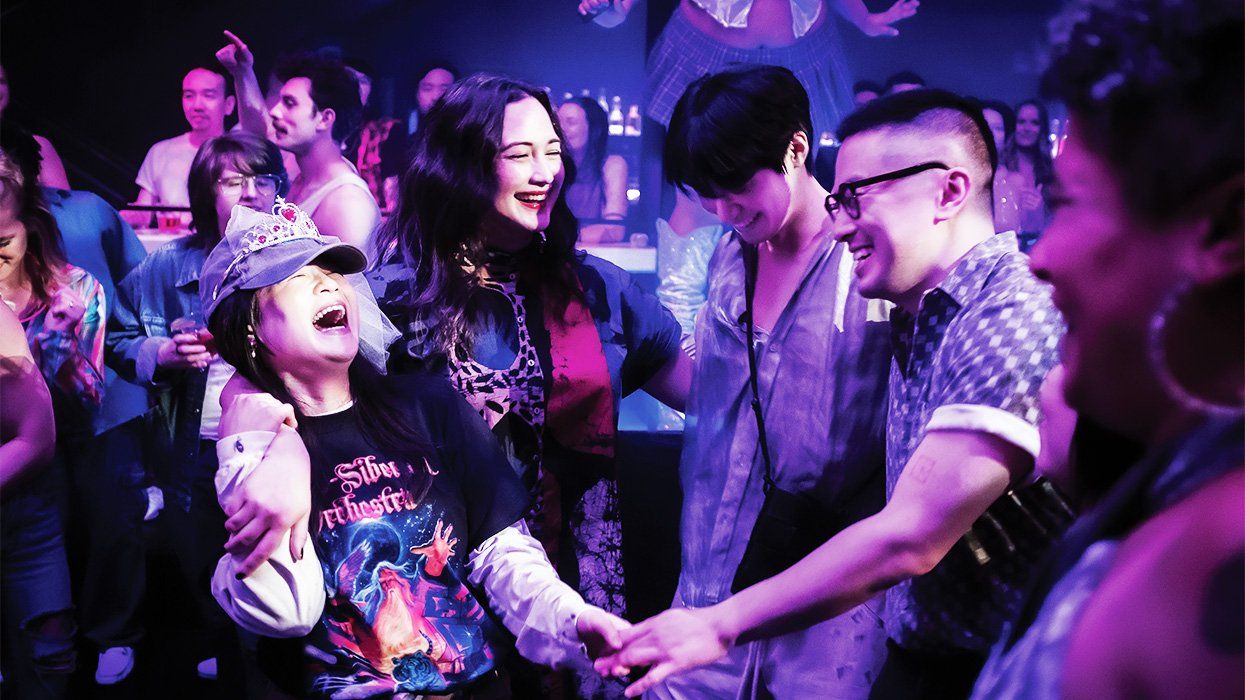
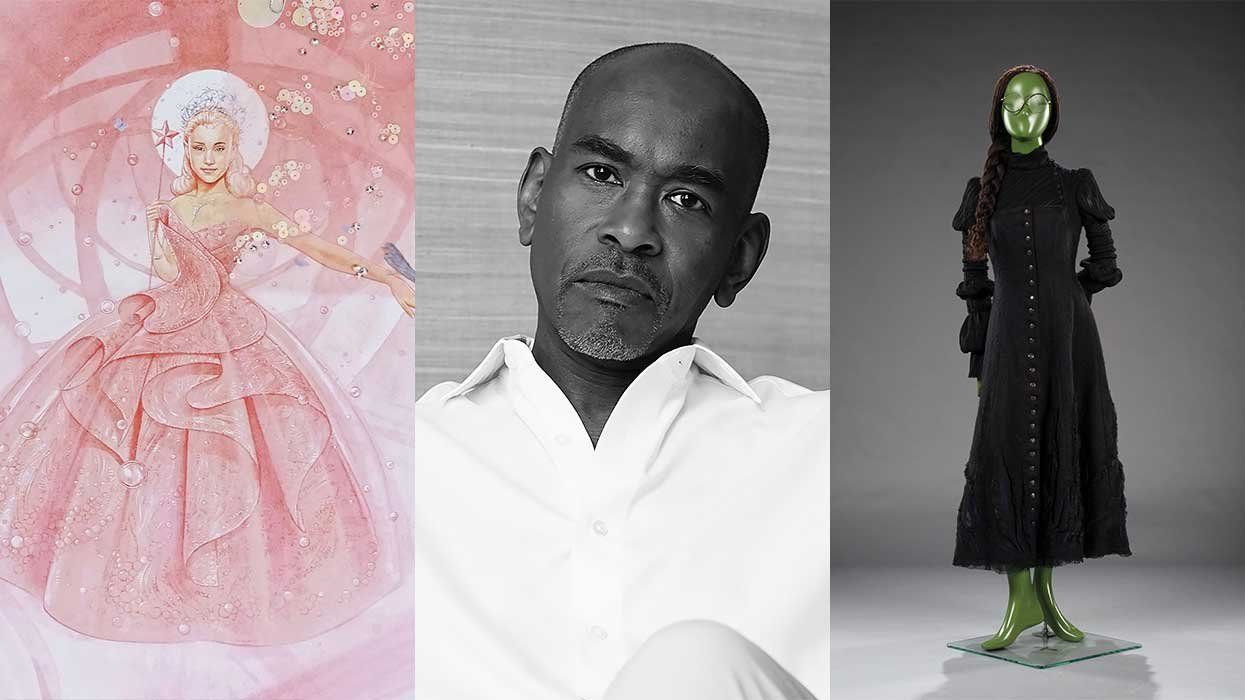


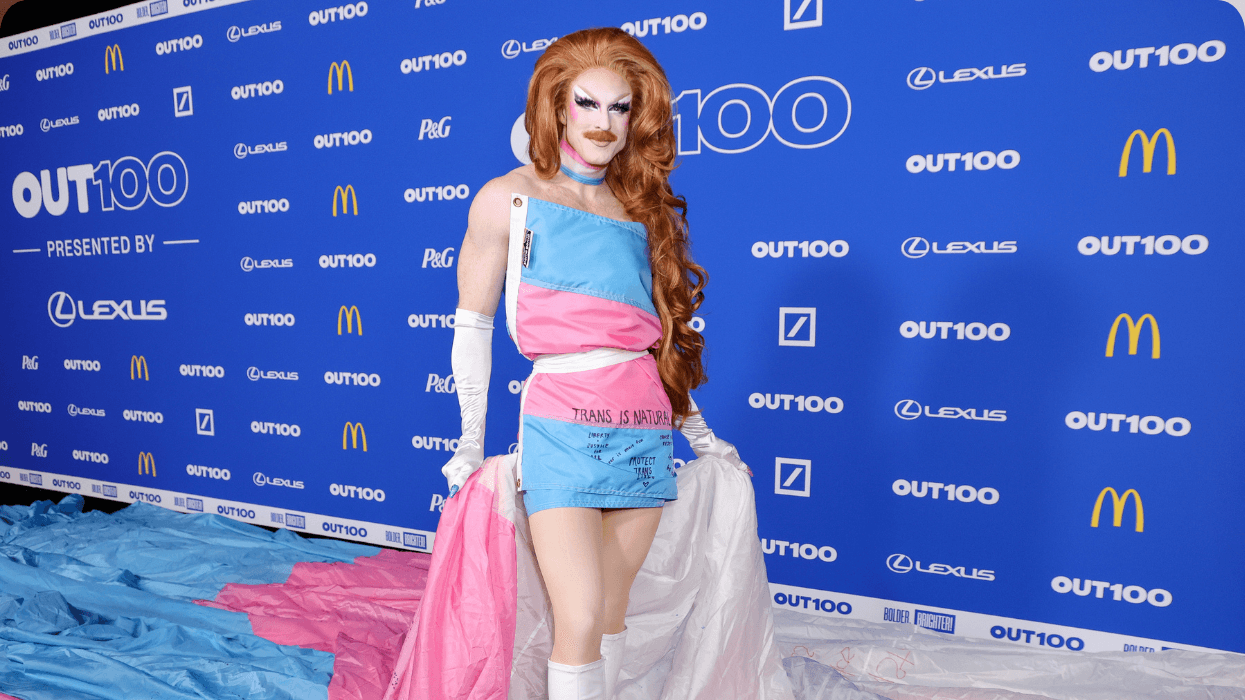
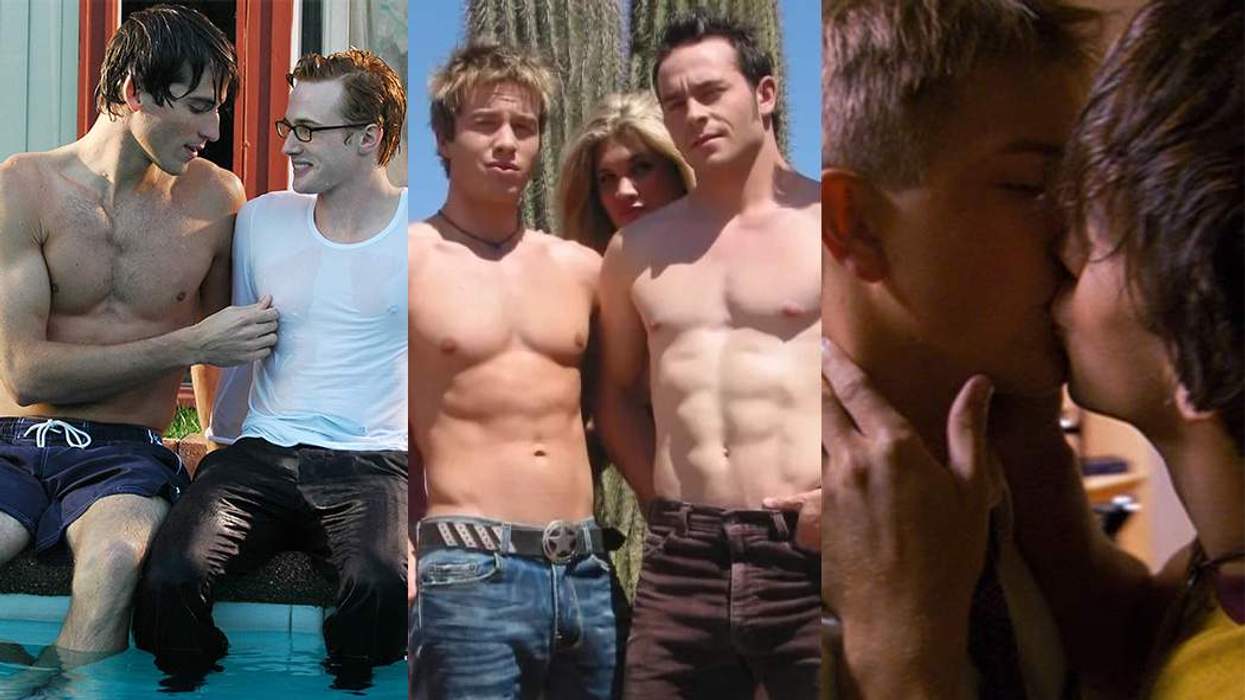

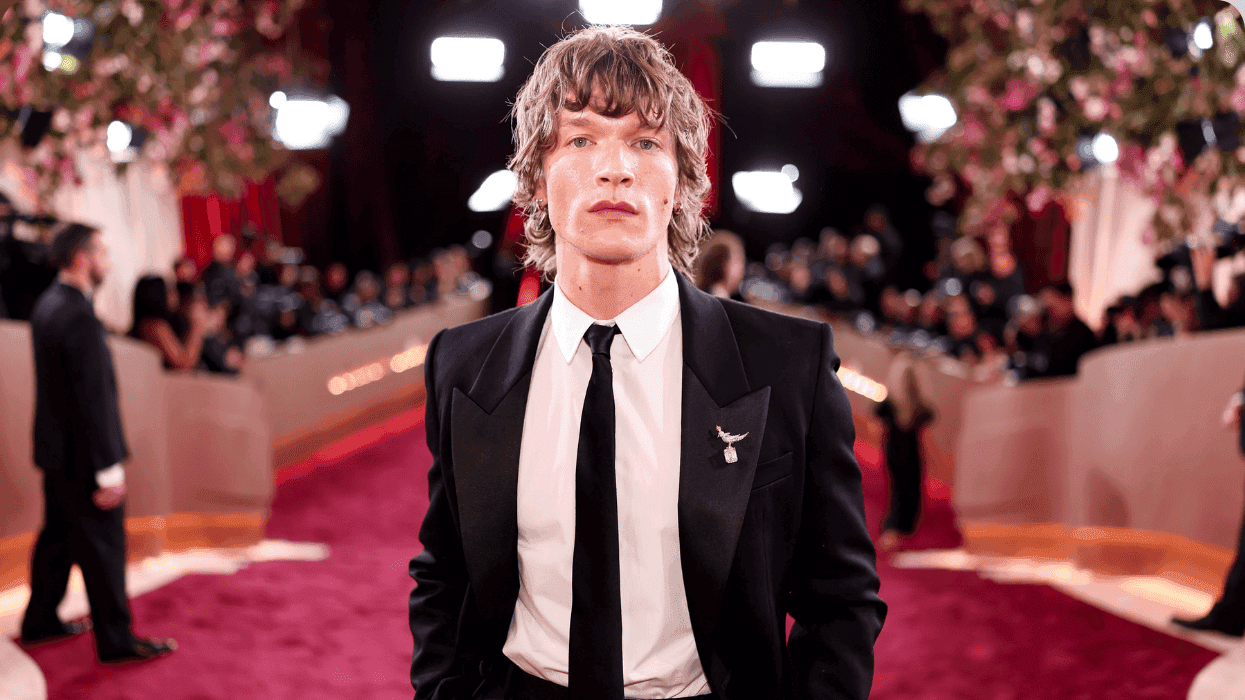
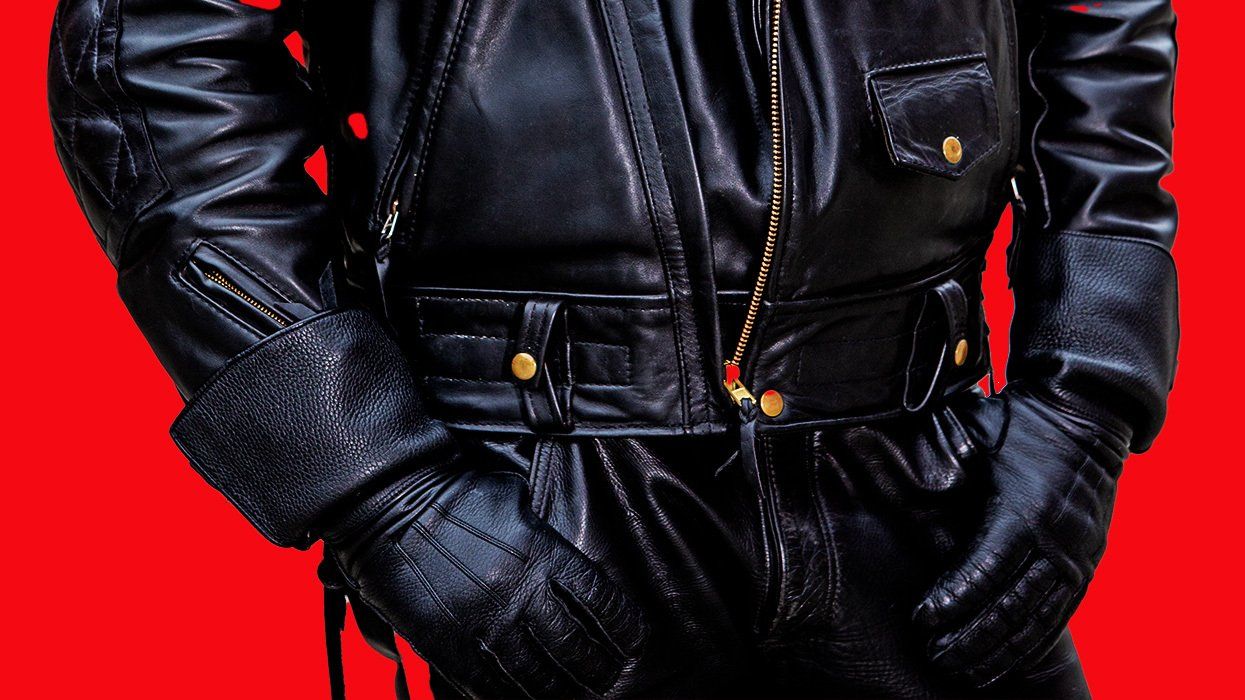
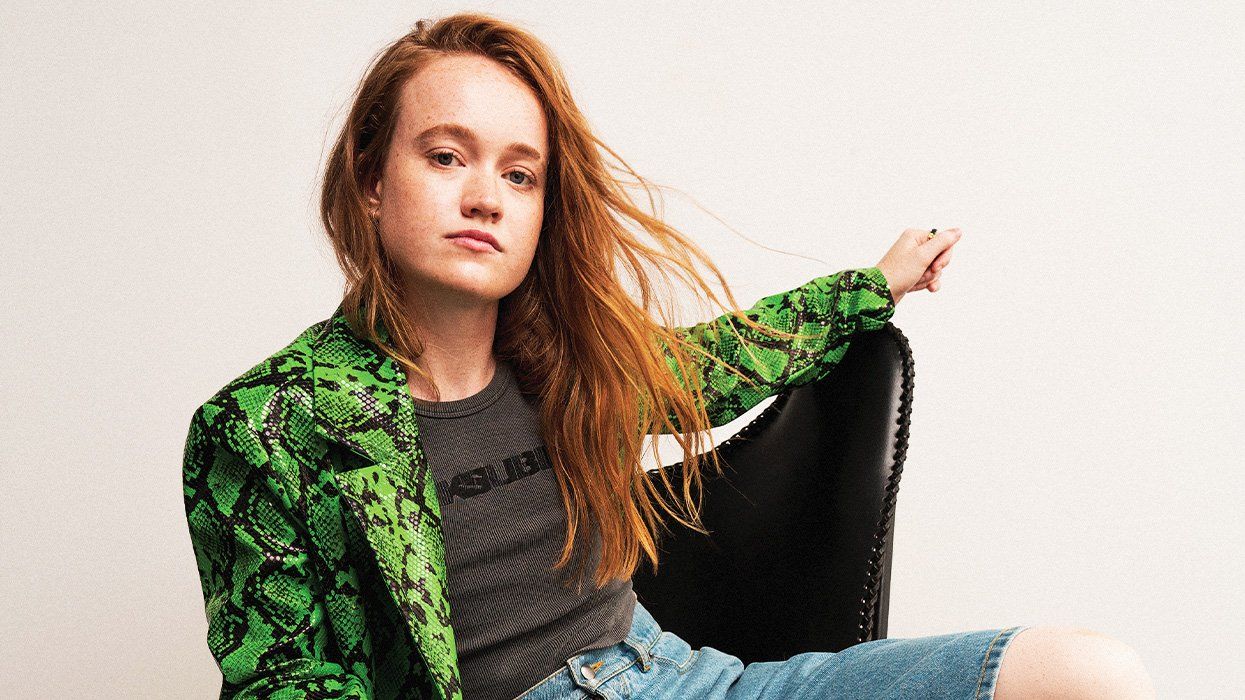
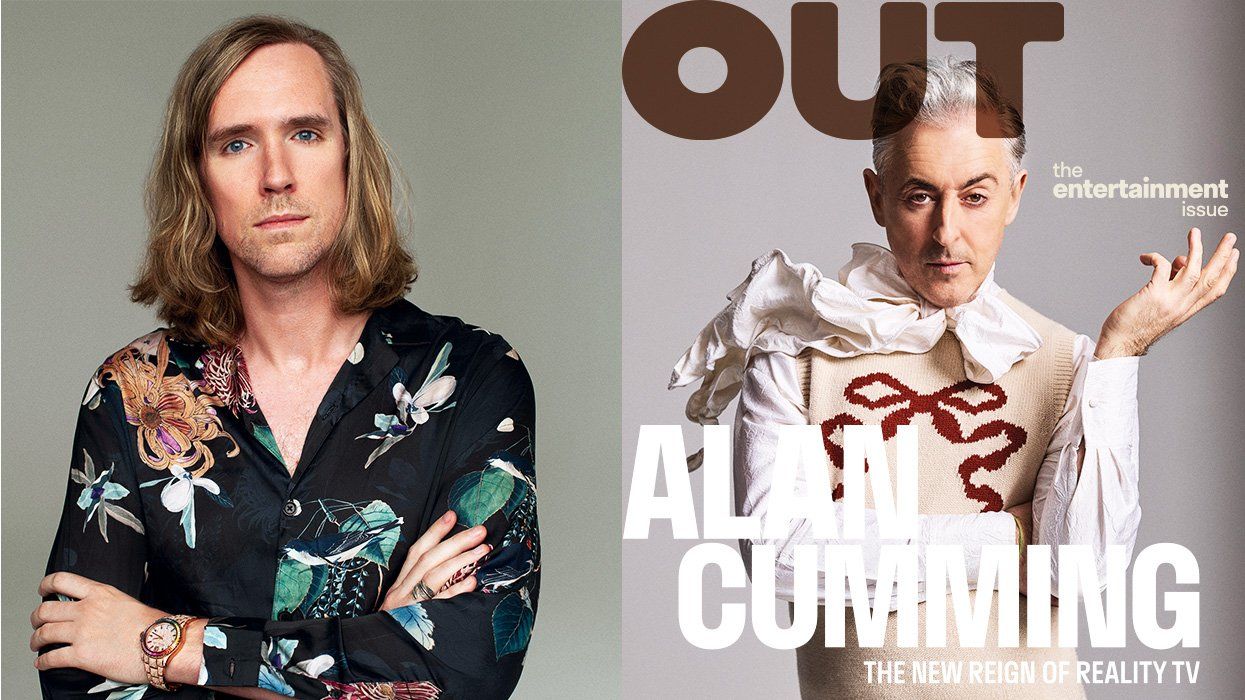
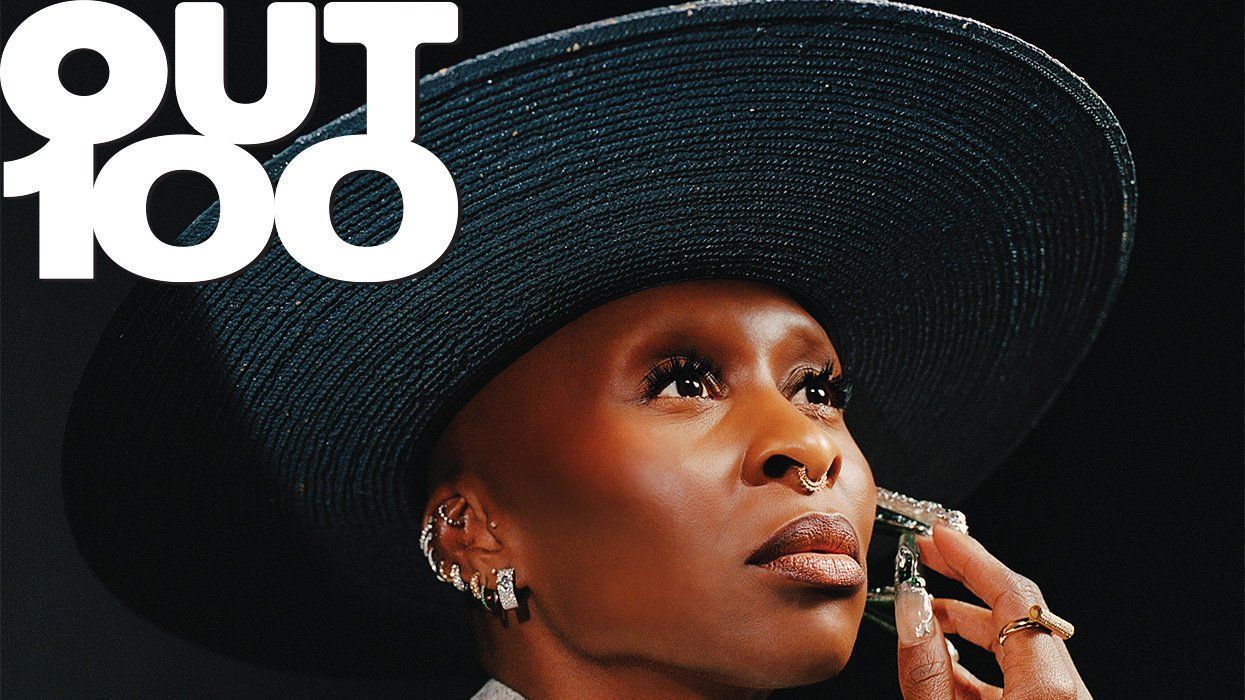

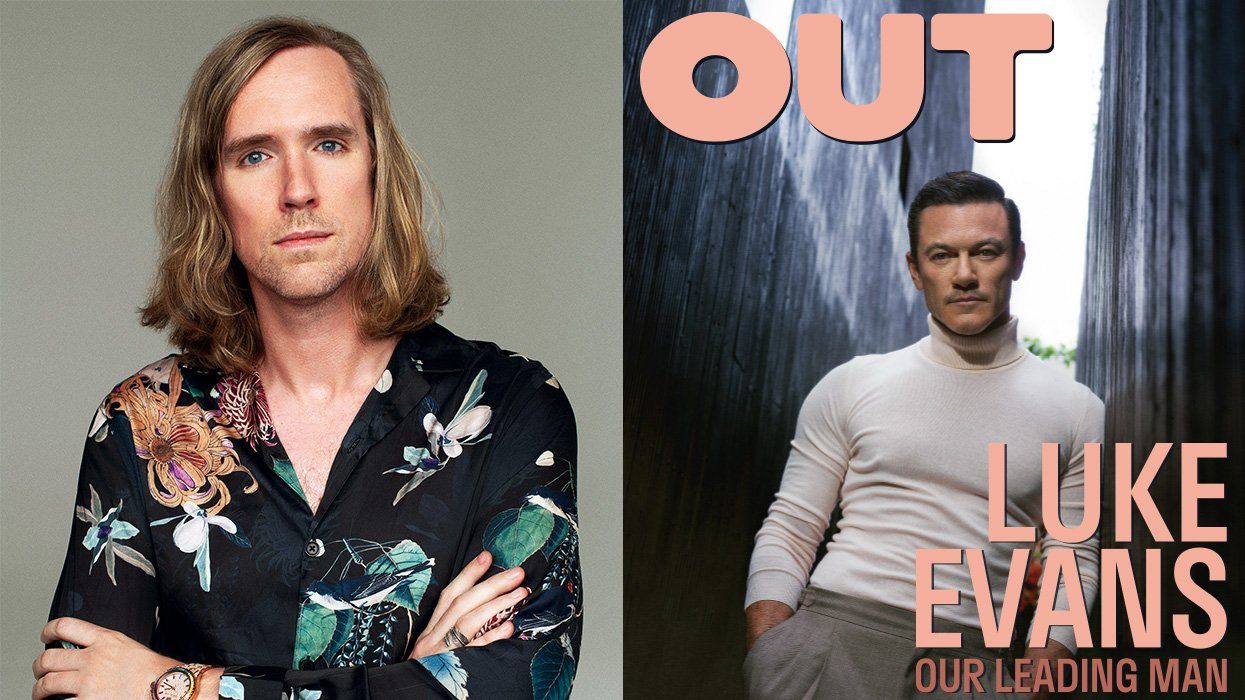
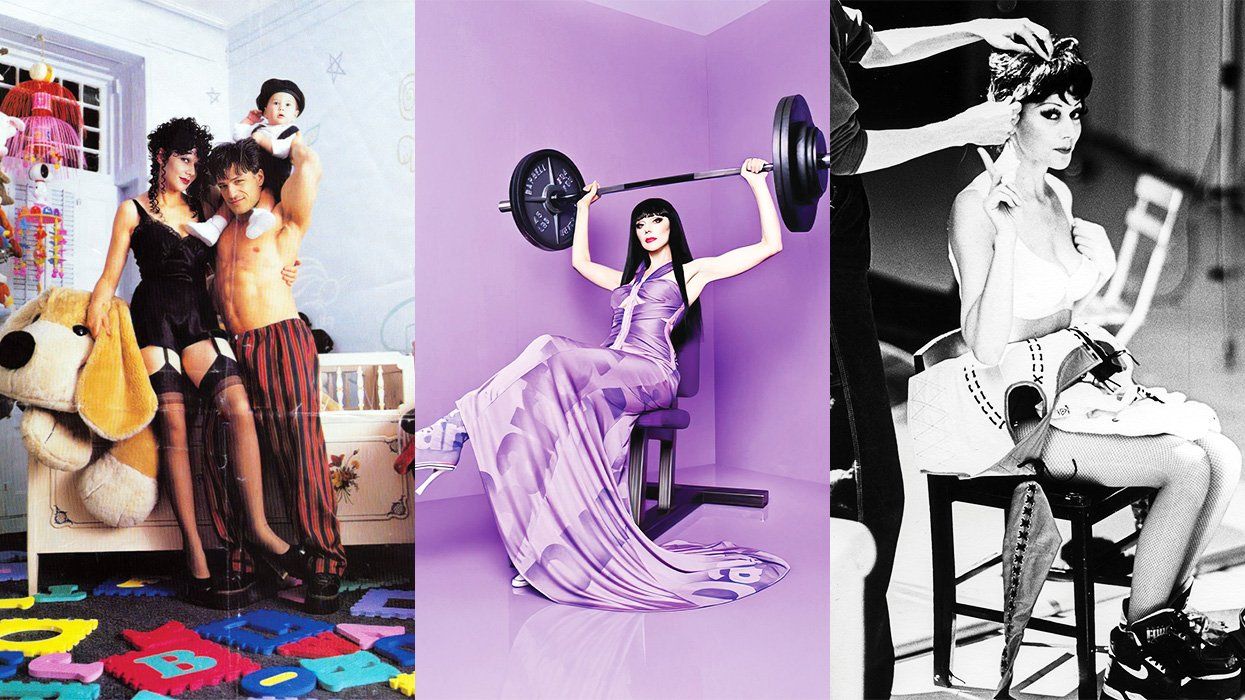
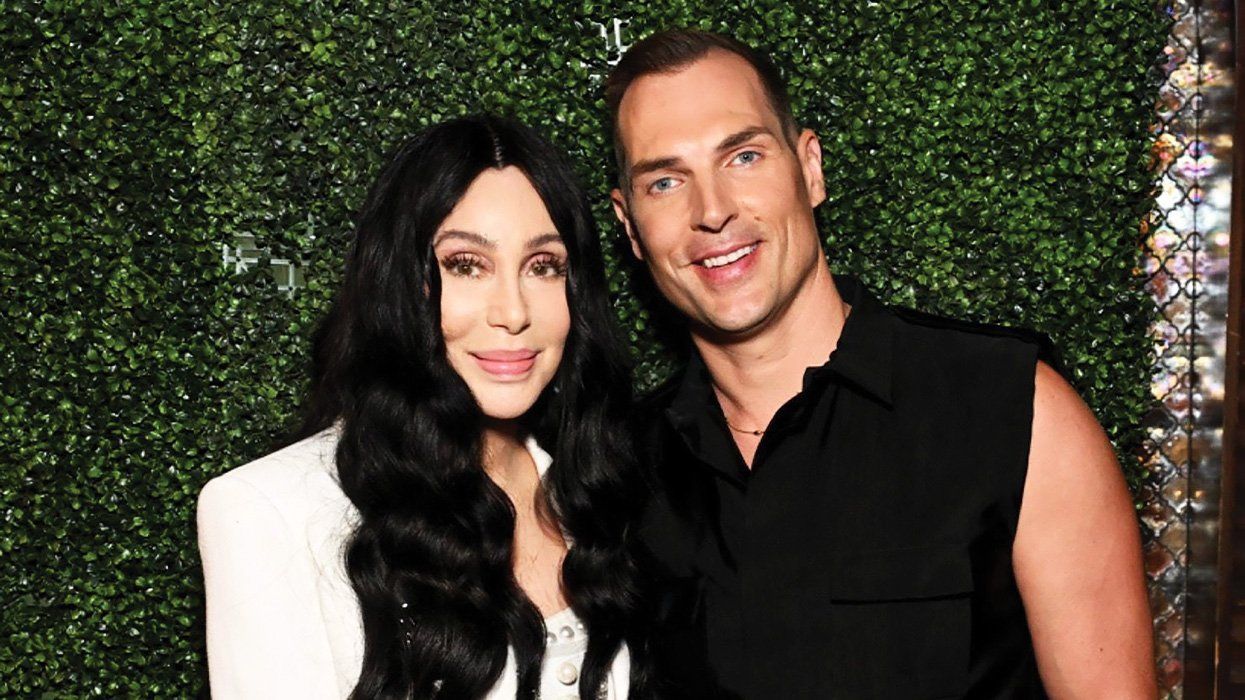

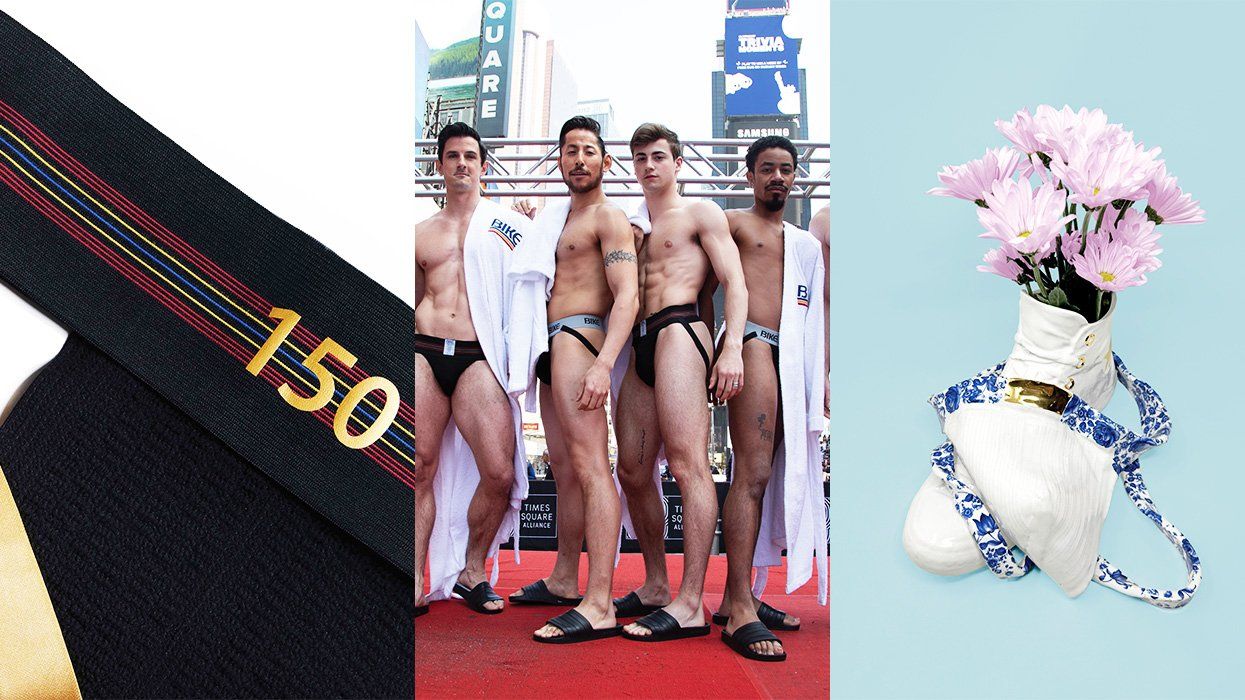
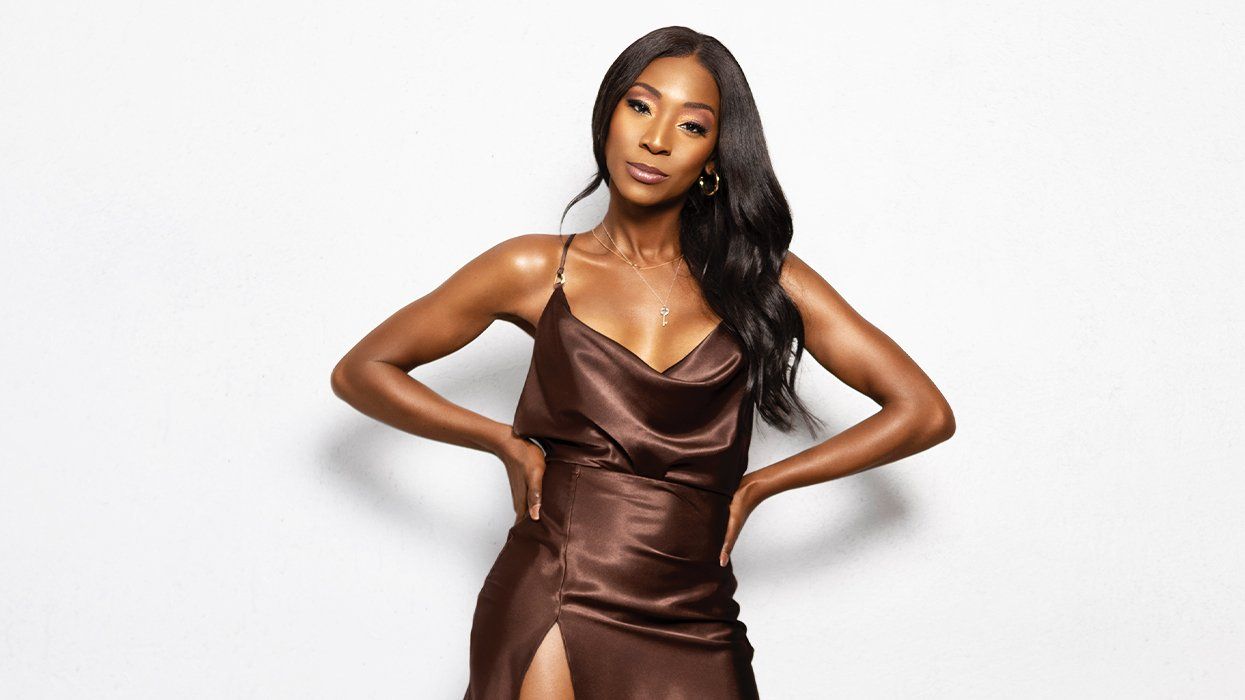
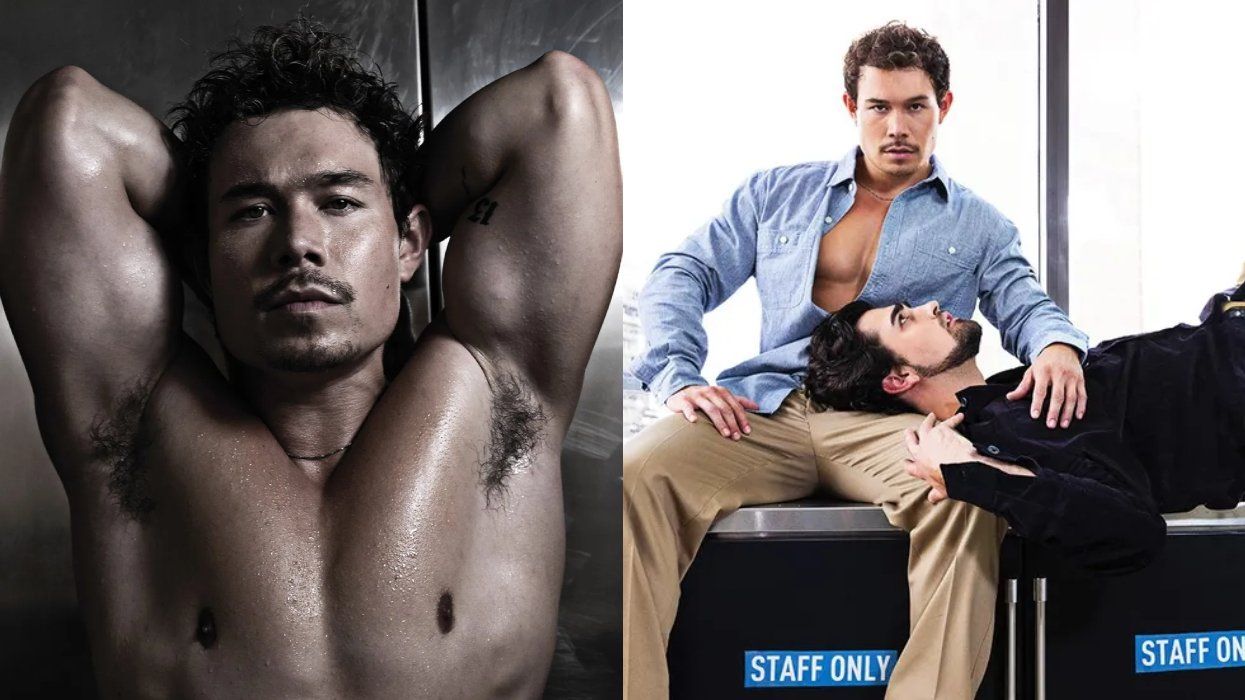
The racist, homophobic, and frightening arrest of Don Lemon
Opinion: It’s not a coincidence or an accident that Lemon, and other Black journalists were targeted by the Trump Justice Department, writes John Casey.